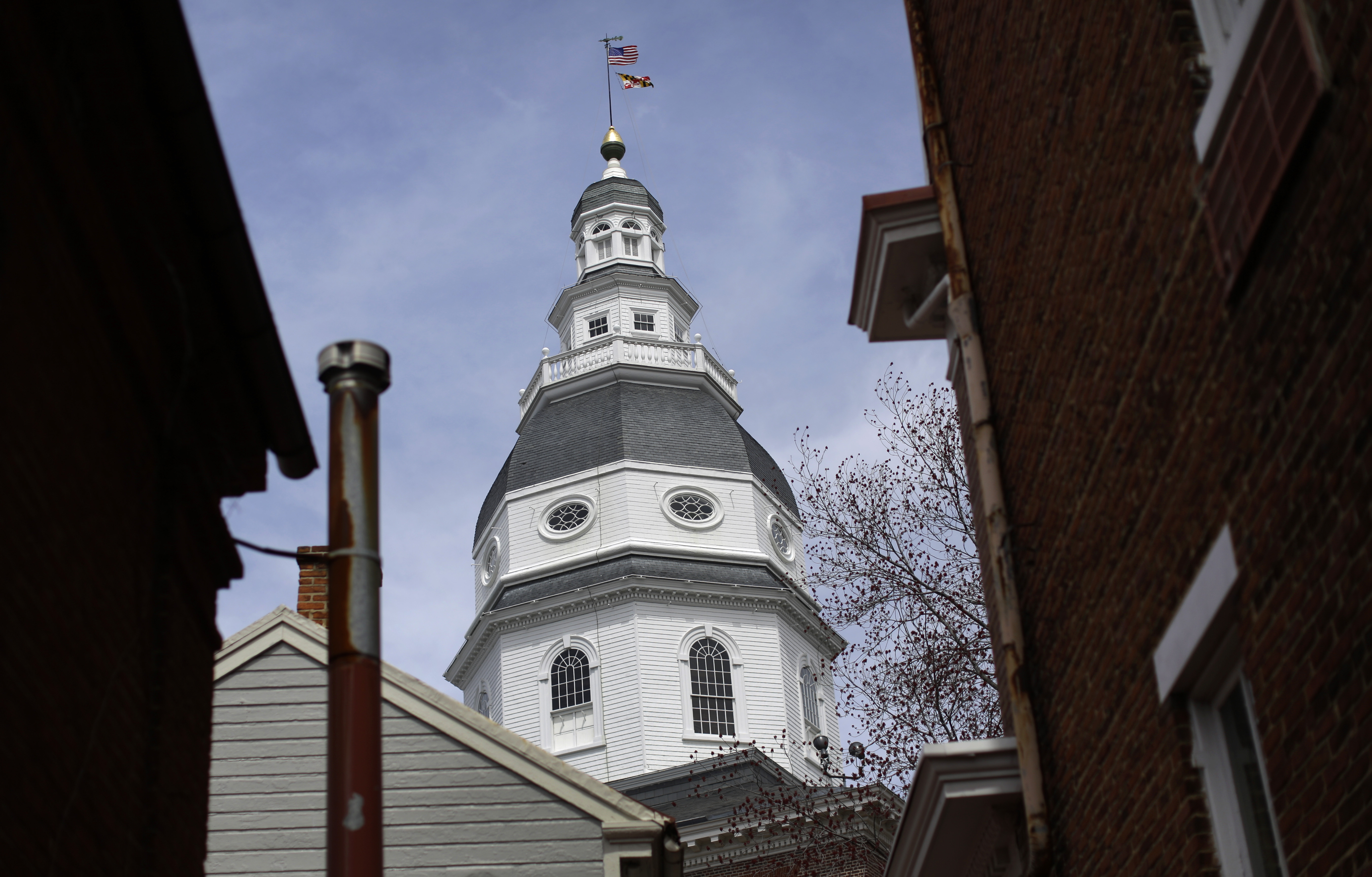
WASHINGTON — A bill backed by Democrats that could change the way Maryland draws its boundaries for congressional districts passed through the state Senate Thursday, with many Republicans saying it is hollow legislation that is unlikely to lead to any meaningful reform.
The 30 to 16 vote came one day after the Senate gave the measure initial approval. It now moves to the House of Delegates.
“What we’re doing in the state of Maryland is standing up and saying ‘ladies and gentlemen we have a national problem,'” said Democratic Sen. Bill Ferguson.
The redistricting reform bill creates a pact between Maryland and five other mid-Atlantic states including New York, New Jersey, Pennsylvania, Virginia and North Carolina. If all six states pass similar legislation, each state would have a nonpartisan independent commission draw congressional lines.
“The only way we do it, and we have a significant impact, is if we do it together with our partner states,” Ferguson said.
Republicans, however, said that is very unlikely to happen and that Maryland should act on its own.
“What this bill does is it basically says we’re going to pass something that will never happen just so we can say we passed something,” said Republican Sen. Justin Ready.
Although Ready also told his fellow senators that nonpartisan redistricting is badly needed, especially in Maryland.
“Our map is absurd,” Ready said. “There’s been a lot of absurd gerrymandering in the country, but ours really takes the cake.”
Other lawmakers such as Democratic Sen. Nancy King said they did not necessarily like the legislation but would vote to approve it anyway.
“Is it perfect? Absolutely not,” King said. But she added that she thinks “it’s a move in the right direction.”
Democratic Sen. Cheryl Kagan said the legislation “is an imperfect solution, but it is a better solution than what we have now.”
Earlier this week, a House panel rejected Republican Gov. Larry Hogan’s redistricting reform bill, which would have put the drawing of congressional districts in the hands of an independent commission.
The Associated Press contributed to this report.







